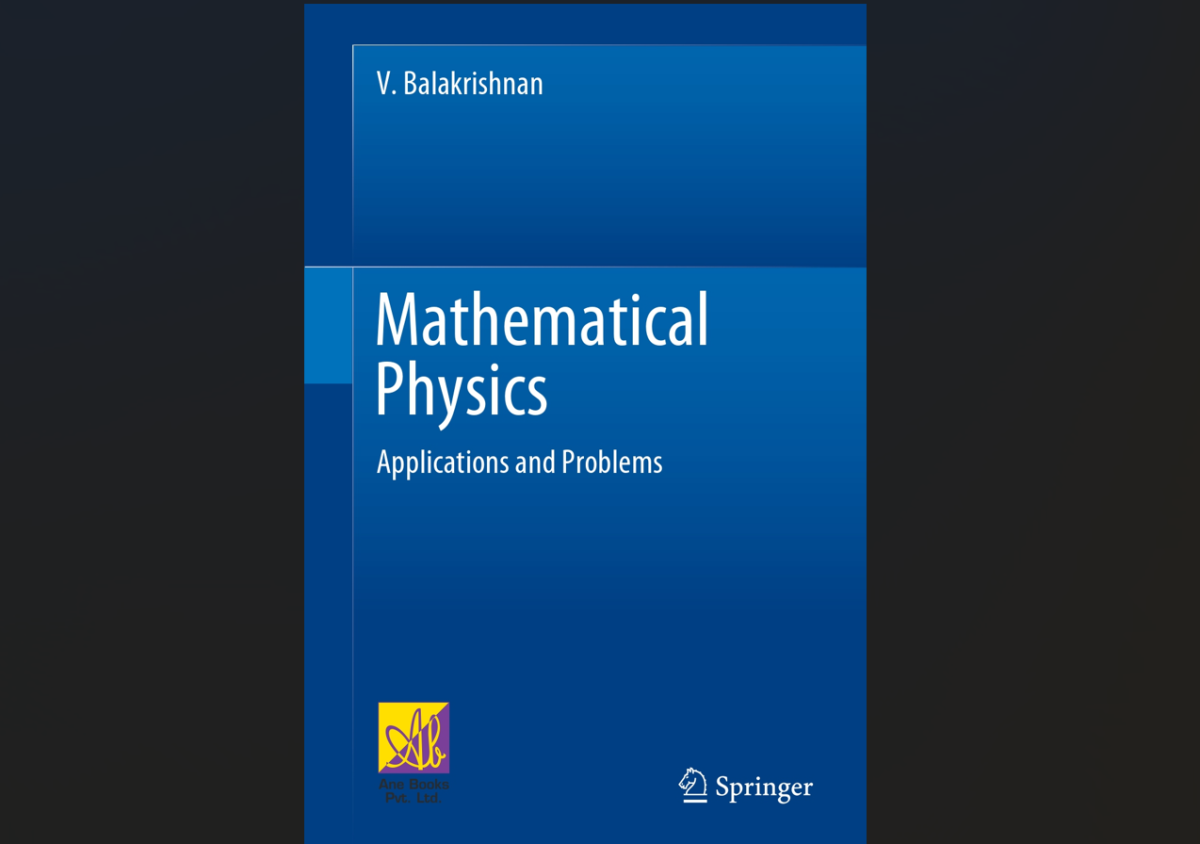Exploring The Unreasonable Effectiveness Of Mathematics In Understanding Nature And Physics
-
2


The book of nature is written in the language of mathematics.” This is the essence
of the profound observation made by Galileo Galilei as far back as 1623. Evidence
in support of this insight has accumulated ever since. Much has been written about
what has been termed “the unreasonable effectiveness of mathematics” in the
description of physical phenomena. Is mathematics inherent in nature itself, or is it a
construct of the human mind? This deep question has also been debated intensely
among mathematicians, physicists and philosophers of science. Whatever be the
answer, it is undeniably true that mathematical structures seem to be embedded
deeply in the physical universe.
After approximately four hundred years of continuous development, physics is
undoubtedly the most ‘mathematized’ of the sciences. Physics attempts to describe
nature in precise and logical terms, and it requires a language that has logic built
into it. As Richard Feynman put it, “Mathematics is language plus logic”. A certain
degree of facility in mathematics is therefore not only helpful, but also absolutely
necessary, in order to really understand physics and to appreciate its concepts and
laws even at an elementary level.

-
Vues
179
-
Total des publications
10
-
Évaluation
14
0
